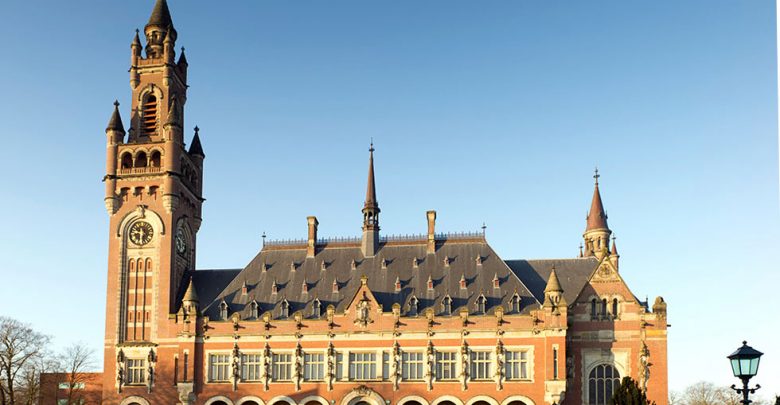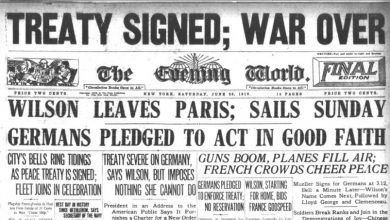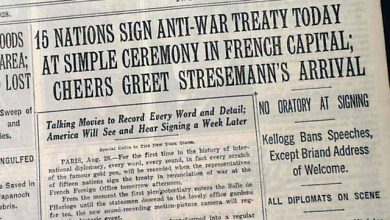Uncategorized
Dispute Resolution: The International Court of Justice (ICJ)
The principal judicial organization of the United Nations is the International Court of Justice (ICJ). The desire to create the ICJ was based on a need to have a way to arbitrate international disputes. All members of the United Nations agree to abide by the statutes of the ICJ. Non-member States can also become parties and agree to follow the ICJ statutes.

History
The idea for the ICJ was based on agreements made during international conferences held in the late 19th and early 20th centuries. These conferences established the Hague Conventions. The court was officially created during the San Francisco Conference in June of 1945. This was done as part of the Charter of the United Nations. The ICJ began operating during April of 1946.
Settlement Of Disputes
The United Nations Charter, article 33, lists the methods for settling disputes between States using the International Court of Justice. This involves mediation, judicial settlement, negotiation, inquiry mediation and arbitration. Dispute settlements could also involve working with regional agencies or arrangements. When necessary, the settlement of disputes will utilize the services of a third party.
Reasons
There were reasons member States of the United Nations agreed to create the ICJ:
The previous organization responsible for the settlement of international disputes was the Permanent Court of International Justice (PCIJ). This was part of the predecessor of the United Nations, the League of Nations. The ICJ was designed to be the main judicial arm of the newly created United Nations.
There was a belief among member nations that the PCIJ was dominated by the European States. They had excessive influence on the legal and political affairs within the international community. Creating the ICJ would provide an effective way for the many states outside of Europe to have a more influential role in the United Nations.
*It would be a benefit to create a new court more in line with the provisions of the United Nations Charter. All member states of the United Nations would have to agree to be parties to the statutes of the ICJ.
*Many member states were parties to the statutes of the PCIJ, but also many were not. At the San Francisco Conference in 1945, being a party to the statues of the ICJ was made part of being a member nation to the United Nations. This would ensure all member nations agreed to be bound by the ICJ statutes.
Composition
During its creation, it was agreed the ICJ would consist of fifteen judges. Each judge would be elected by the UN Security Council and UN General Assembly. They would serve for a term of nine years. The election of judges is staggered. There are five new judges elected every three years. This is done to maintain continuity within the ICJ. Should a judge pass away during their term of service, a new judge will be elected in a special election. This judge will only serve the remaining term of the judge who died in office. No two judges can be a citizen from the same country. Article 9 of the United Nations Charter determines the ICJ should rule on cases based on the main types of common law and socialist law utilized by principal legal systems worldwide.
Hearing Cases
There are two ways a case can heard by the ICJ. An agreement is lodged with the court by one or both party States. It should include the subject of the dispute and the parties involved. An application can also be submitted by a member State against another State. The goal of this will be to communicate details of a dispute from one member state to another.
The ICJ provides ruling for two types of cases. The ICJ will give binding rulings to states that agree or previously agreed to abide by the ICJ ruling. They also provide non-binding rulings. This involves providing advisory opinions in disputes between member States. The ICJ has ruled on the legality of the use of force between warring nations, maritime disputes as well as sovereignty issues and more. Since its creation in 1945, the ICJ has ruled on 165 cases.



